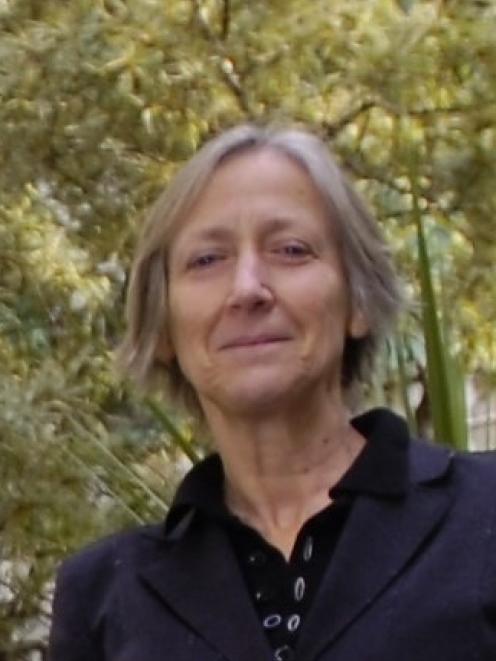
Professor of preventive and social medicine Charlotte Paul said the vaccine would continue the work of the cervical screening campaign, started 20 years ago, which prevented an ‘‘epidemic'' of the disease.
Prime Minister Helen Clark said in the announcement, at the Manukau SuperClinic, $164.2 million would be spent over the next five years on the human papillomavirus (HPV) immunisation programme.
From September 1, the vaccine will be available for girls aged 12 to 18, and from 2009 it will become part of a regular immunisation schedule for 12-year-old girls.
In trials, the HPV programme has been highly effective against the most common causes of cervical cancer.
The HPV virus is a common sexually transmitted infection, but there are no symptoms and in 98% of cases it clears by itself.
Miss Clark said the programme was expected to save about 30 lives a year.
About 60 women in New Zealand die from cervical cancer each year.
‘‘We also expect to see a reduction in the number of abnormal smear results, which means that fewer women will have to go through the stress of receiving an abnormal smear result, as well as of the extra tests, diagnoses and invasive procedures which can follow such a result.''
On top of the $164.2 million, the Ministry of Health will spend up to another $13 million from within its baseline funding towards the programme, making the total five-year investment about $177 million.
Prof Paul was the medical adviser in an inquiry into the failure to treat women with abnormal cervical smears at the National Women's Hospital in Auckland 20 years ago.
The vaccine was new and New Zealand, along with other countries, had adopted it after positive results in trials involving more than 20,000 women, she said.
Prof Paul cautioned that the vaccine was only effective for 70% of the virus, but hoped in the future there would be a vaccine which would be 100% effective.
It was important that women continued to get cervical smears and that funding continued to be directed towards the screening campaign, she said.
Concerns raised by some sectors that immunisation could make young women sexually active earlier were dismissed by Prof Paul.
It was like saying other sexually transmitted infections should not be treated for fear they would make women sexually active, she said.
It was possible that in the long term, the vaccine would also be given to males, so the virus would be significantly reduced.
